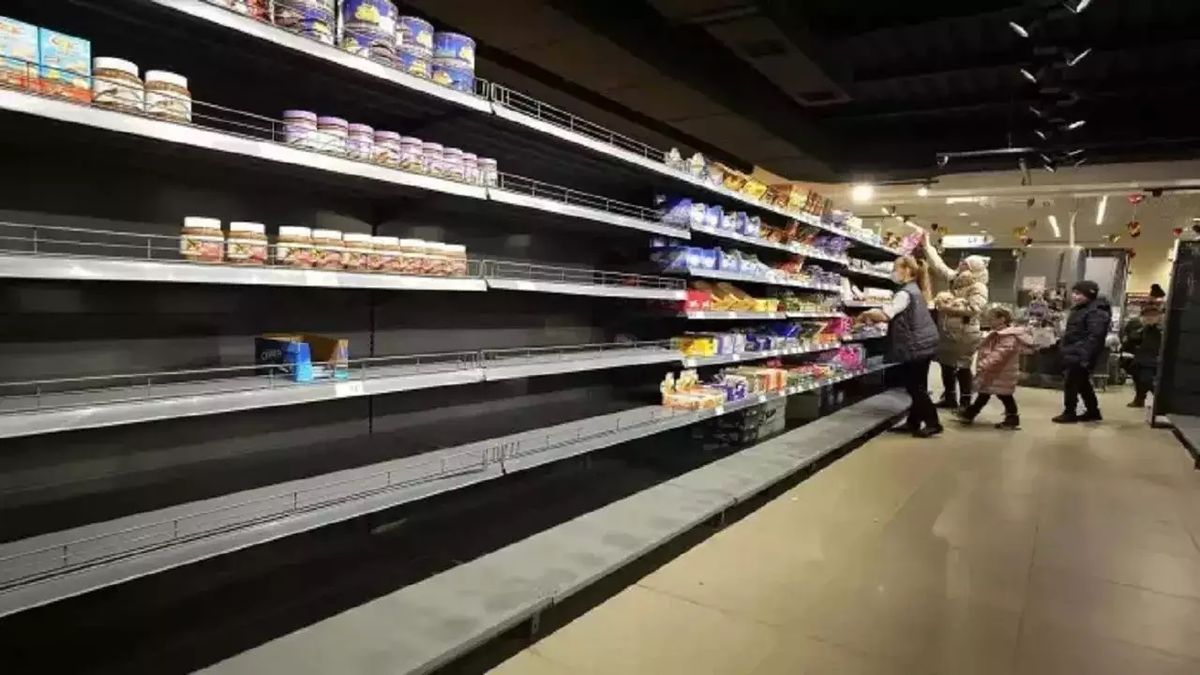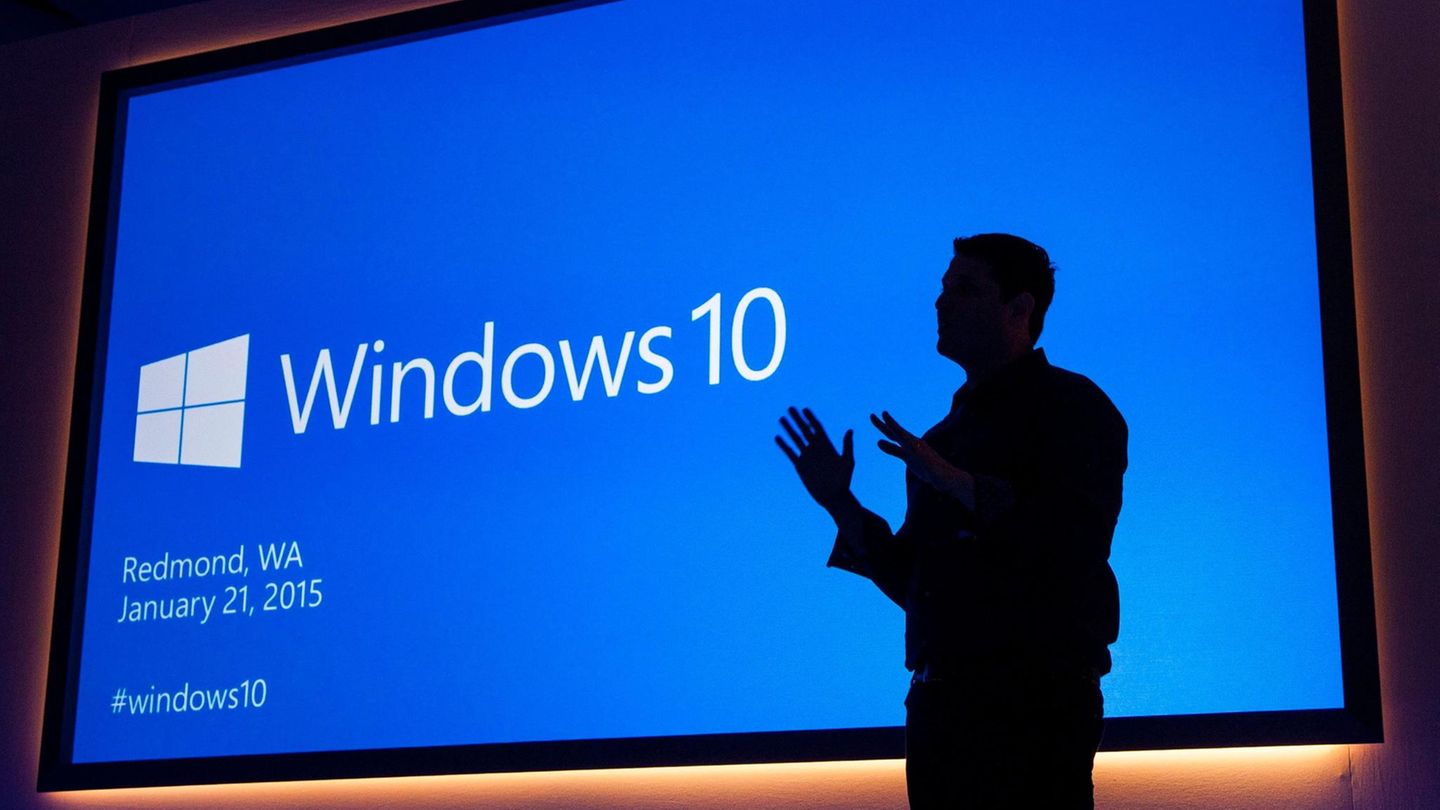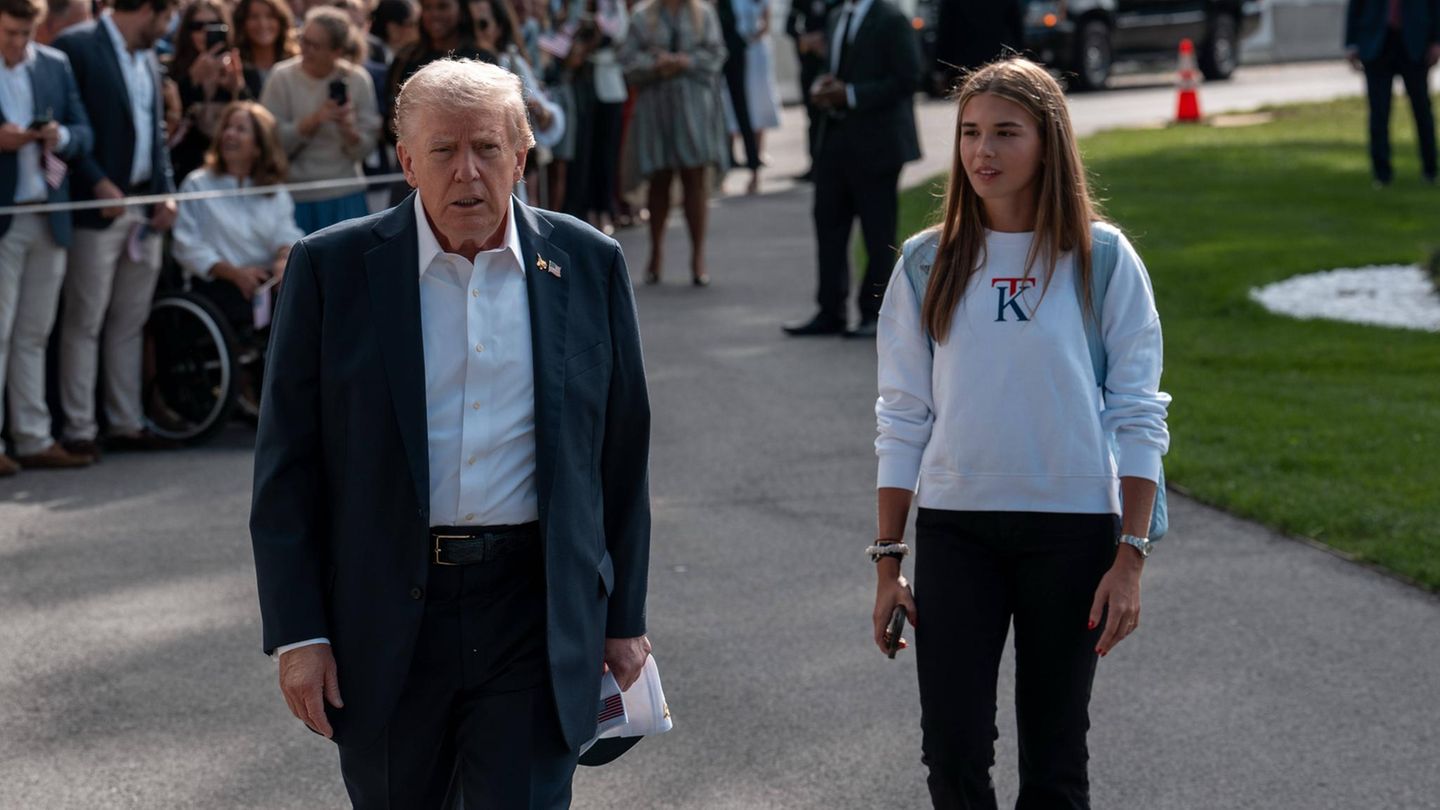However, the private sector is beginning to worry about the effects of the sanctions in a country that takes the risk of famine seriously after experiencing multiple economic crises and periods of hyperinflation.
Large-scale distribution chains noted an increase in purchases of basic productsaccording to the Ministry of Commerce, which is concerned about the emergence of a black market.
“The main supermarket chains decided to minimize the risk of purchases by resellers of basic products,” the Ministry of Commerce said in a statement quoted by the AFP news agency.
“In various regions, these products were bought in large quantities, up to several tons, higher than what is needed for personal use, with the aim of reselling them,” he added.
To prevent this practice from increasing, the big chains placed restrictions on the quantities sold to each individual.
Russia can also limit the prices of some twenty basic foods, such as meat, fish, milk, flour or sugar, to avoid inflation.
But for now the Government has not ruled in favor of this measure.
Catering industry leaders deplored sizable price increases by their suppliers, telling the Russian daily Kommersant, and are scheduled to meet Moscow’s mayor on Wednesday.
The Russian Central Bank also ordered financial entities not to publish their balance sheets from February.
A measure taken to “limit the risk of credit institutions in the face of sanctions”.
The solvency of banks in Russia, which claim to have the necessary liquidity to guarantee the needs of their clients, is in the spotlight, especially due to the risk of a massive withdrawal of funds at ATMsin full collapse of the value of the ruble against the dollar and the euro.
These entities also want to reassure their clients before the end of the operation of Visa and Mastercard cards, which yesterday announced that they would cease to serve both in Russia and abroad in the case of those issued by Russian banks.
This Sunday, Russian financial institutions announced that they were working on issuing UnionPay cards, the Chinese equivalent of Visa or Mastercard, since the Russian Mir cards do not work in some countries.
Source: Ambito
David William is a talented author who has made a name for himself in the world of writing. He is a professional author who writes on a wide range of topics, from general interest to opinion news. David is currently working as a writer at 24 hours worlds where he brings his unique perspective and in-depth research to his articles, making them both informative and engaging.




